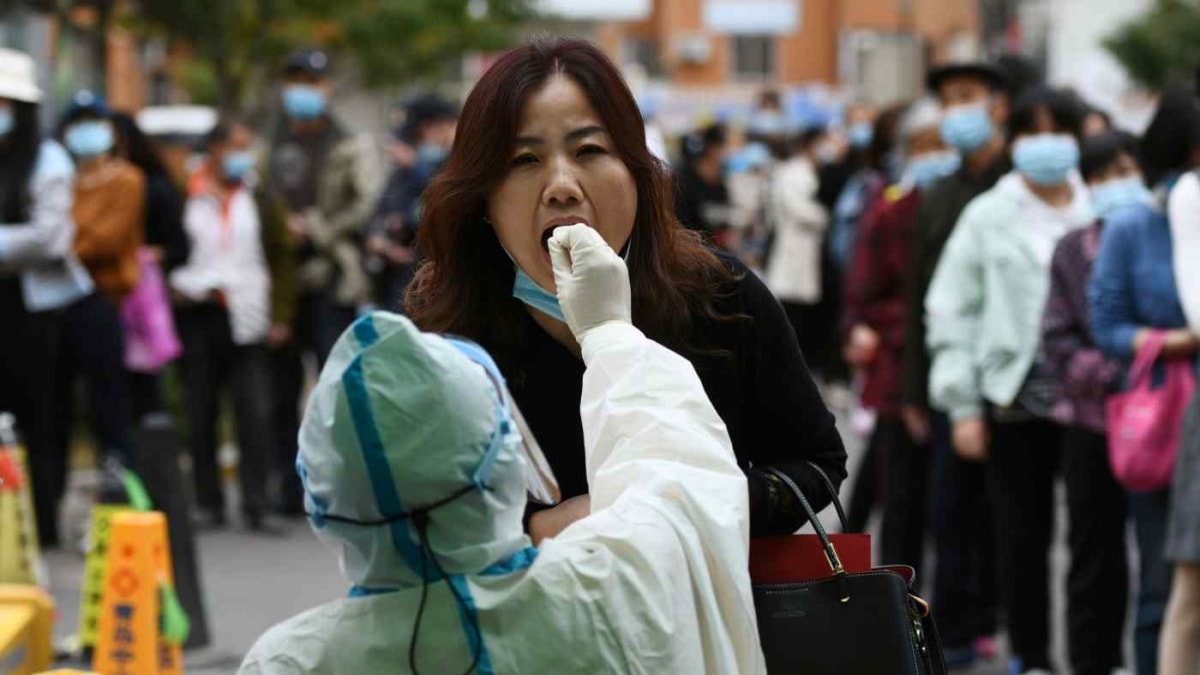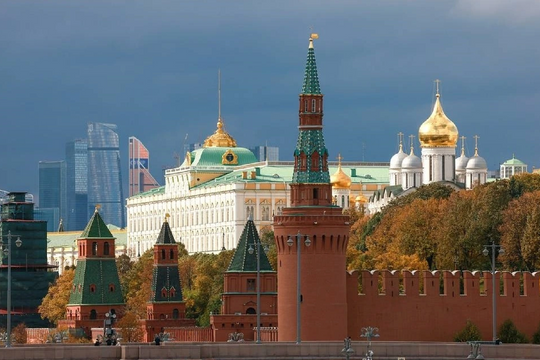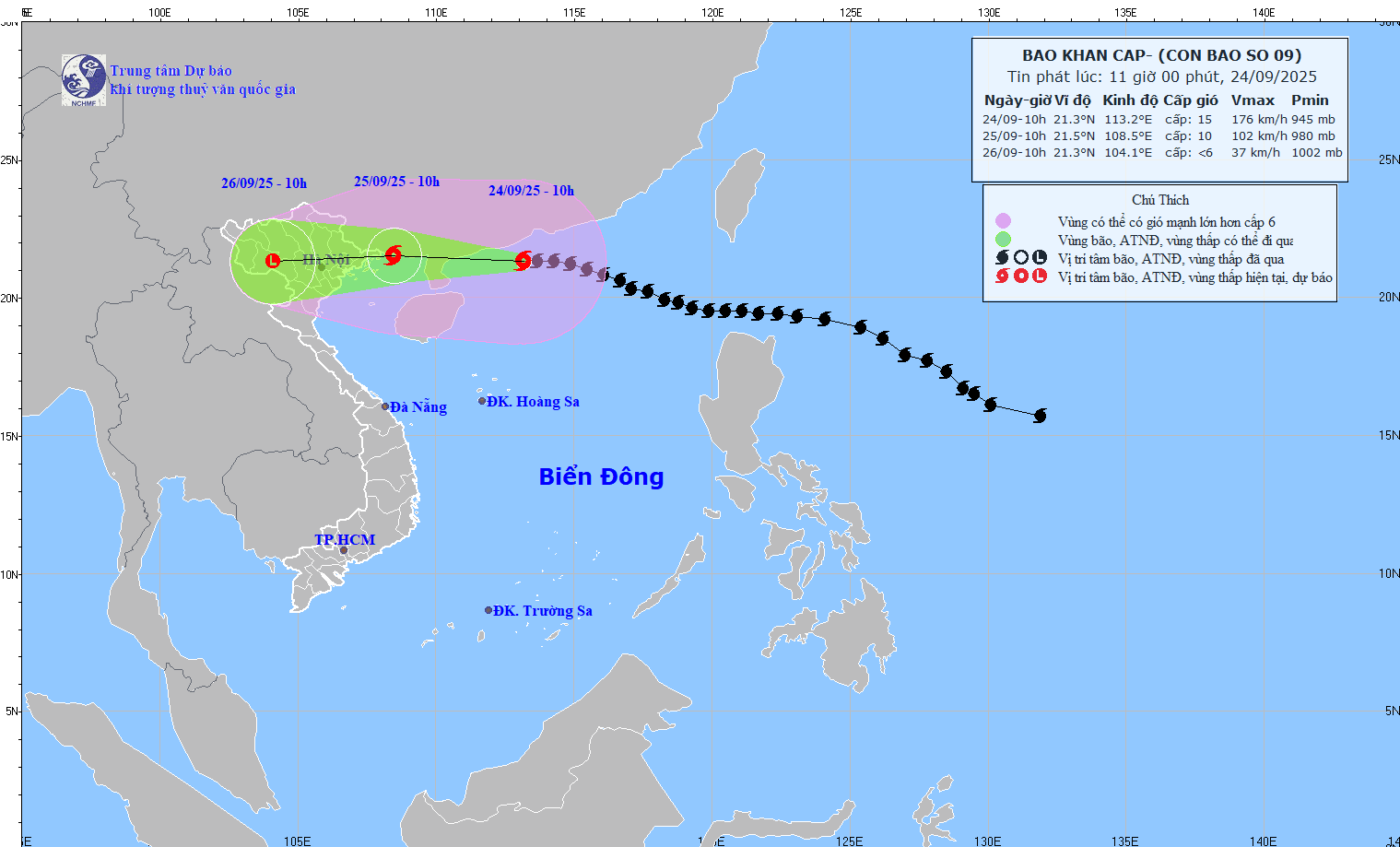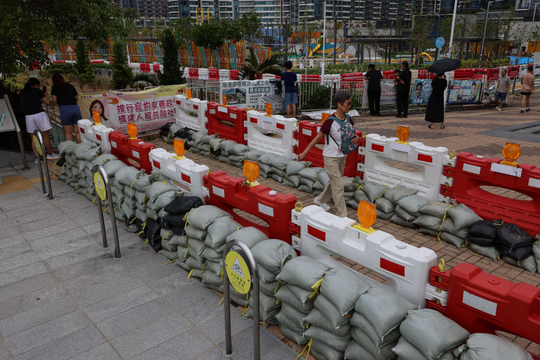Why China is not pursuing a strategy of living with Covid-19
The key to reopening depends on whether all countries can control the spread of Covid-19, Chinese experts stressed.
Singapore's experience inliving with Covid-19may not be a useful model for China as it considers reopening its borders, a Chinese medical researcher said.

Protecting the health of 1.4 billion people is not easy.
“It is not easy to build a health safety net for 1.4 billion people. China cannot do the same (as Singapore),” said Li Ling, a health researcher at Peking University.
China has adopted a “zero tolerance” strategy to deal with the Covid-19 pandemic, imposing swift and widespread lockdowns, coupled with large-scale testing of the entire community whenever clusters of Covid-19 cases emerged.
However, Singapore, with 83% of its population vaccinated, lifted restrictions on gatherings in August, allowing people to eat out and more employees to return to work in the office.
Restrictions were reimposed in late September due to a surge in Covid-19 cases and strain on hospitals. The restrictions were initially scheduled to last until October 25 but were extended to November 21 after Singapore recorded 3,994 new Covid-19 cases on October 19.
Ms Li said Singapore's strategy had failed to contain the number of Covid-19 cases and if similar conditions were to occur in China - a country of 1.4 billion people, "the scenario would not be just 3,000 new cases per day".
The key to China's reopening will be whether infections and new variants are under control in other countries.
“As long as a country cannot control the Covid-19 epidemic, no country can eliminate the risk of infection,” she said.
China is not under much economic pressure?
Ms. Li also said that China is not under much economic pressure to reopen.
“With the 'dual accounting strategy', China's economy has been gradually recovering,” Ms. Li said, referring to efforts to boost the economy through domestic demand and consumption.
“At present, China is not in a situation where it is urgent to ‘reopen’ like Singapore. China must put the health of its people first,” Ms. Li added.
Singapore's role as an international financial hub also means that reopening its borders to the world is an important goal for the country, according to Ms. Li.
In China, there is also little sign of public support for an approach like Singapore's.
Chinese virologist Zhang Wenhong said in July that every country must learn to live with the virus as data showed the disease continued to spread despite widespread vaccination campaigns.
However, former Health Minister Gao Qiang said it was contradictory for some experts in China to emphasize the transmissibility of the Delta variant while still advising the country to live with the pandemic.
Still, the country’s reopening is under consideration. Zhong Nanshan, a leading respiratory expert, and Gao Fu, director of the Chinese Center for Disease Control and Prevention, both said that a minimum vaccination rate of 85% and a lower mortality rate could be a prerequisite for reopening. As of mid-September, about 78% of China’s population had been fully vaccinated.
Despite the use of health QR codes to restrict people's movements, China continues to see sporadic outbreaks of Covid-19, and in the most recent outbreak, cases were reported across a wider geographical area.
Cases have been reported in recent days in Gansu, Shaanxi, Guizhou provinces as well as the Hui regions of Ningxia and Inner Mongolia, and even the capital Beijing.
While authorities have yet to identify the source of the first cases recorded in this new outbreak, there were nine additional symptomatic cases on October 19 and 17 on October 20, all in the same infection chain.
The first cases of Covid-19 in this chain of infection were a retired couple. On October 9, they flew from Shanghai to Zhangye, Gansu Province, and had a stopover in Xi’an, Shaanxi Province. They then traveled by road through Gansu and Inner Mongolia.
Two people tested negative before boarding the flight from Shanghai and tested negative again before flying from Jiayuguan, Gansu province to Xi'an. Two people later tested positive.
The couple came into close contact with six other people during their road trip, and all six later tested positive for SARS-CoV-2.
In addition, five employees working at a restaurant in Inner Mongolia that the couple visited also tested positive for SARS-CoV-2./.
A man who rented a car with the couple also tested positive for Covid-19. After the trip, he took a train from Jiayuguan to Beijing. Another person who was in the same train compartment with the man also tested positive for Covid-19./.








